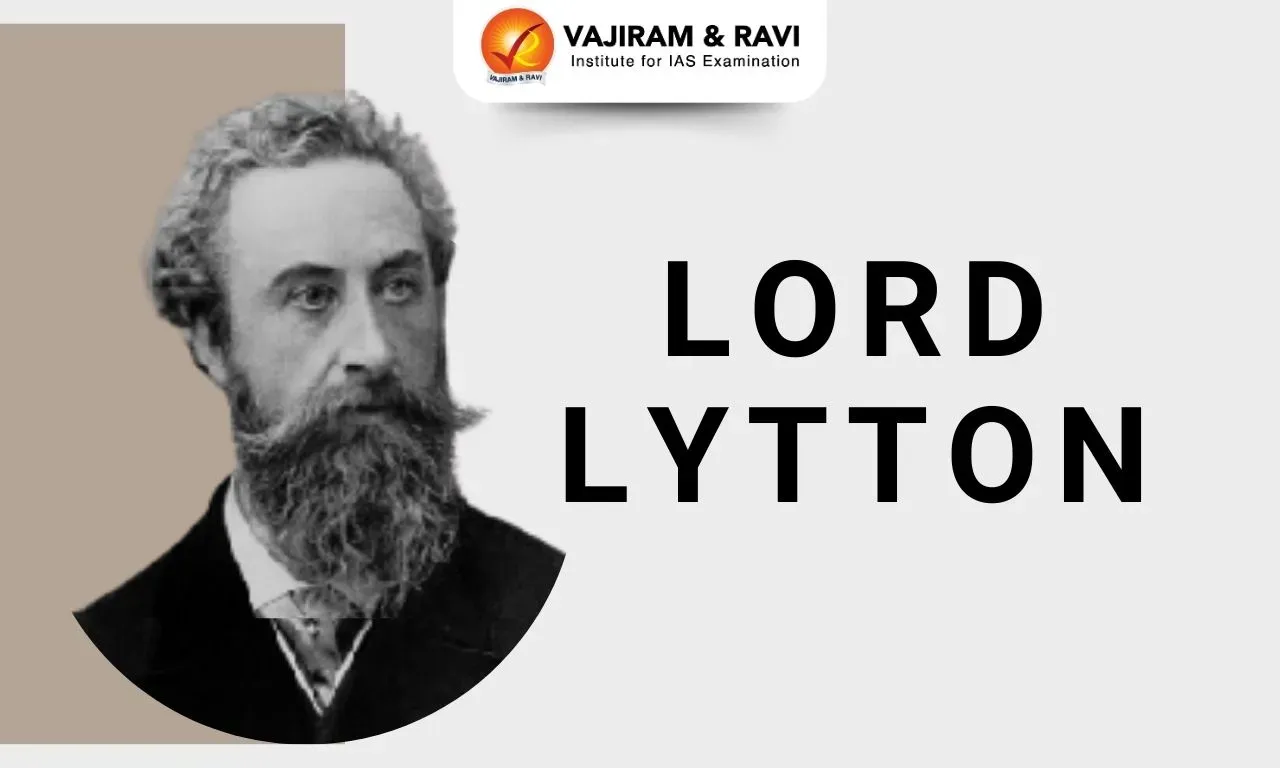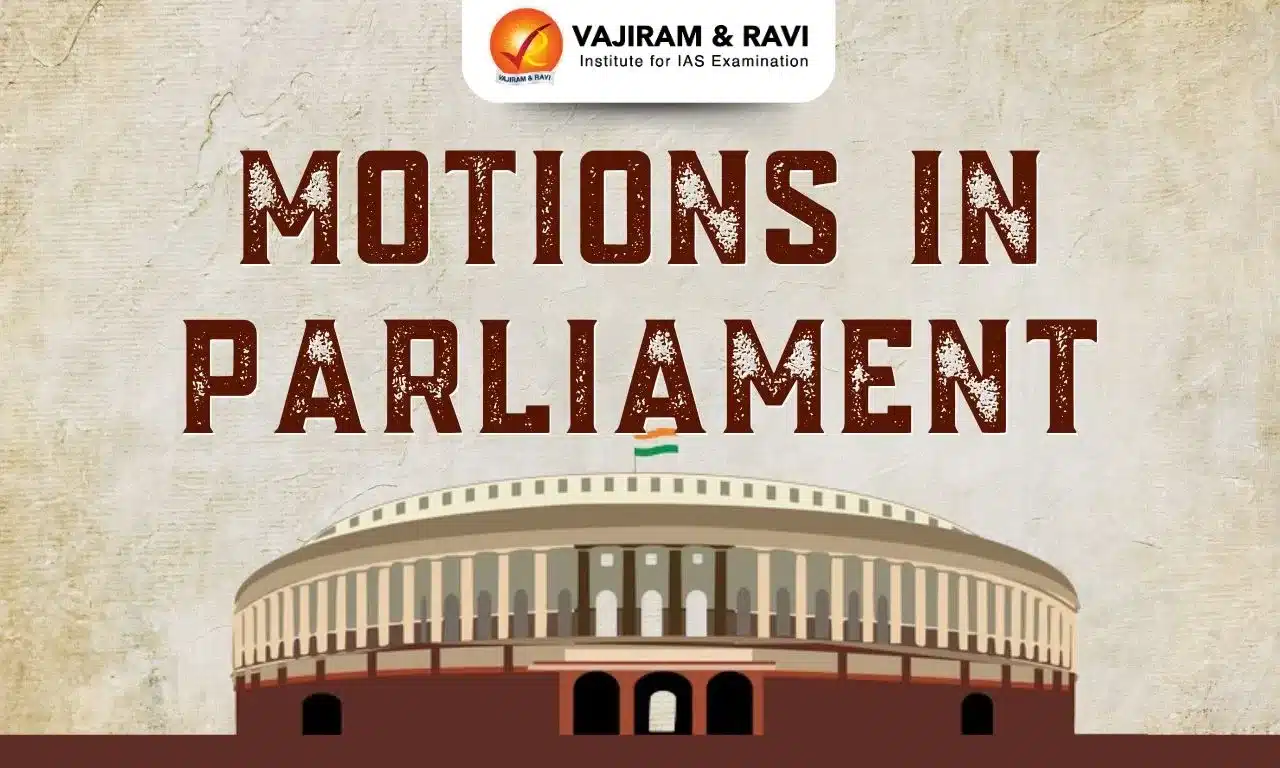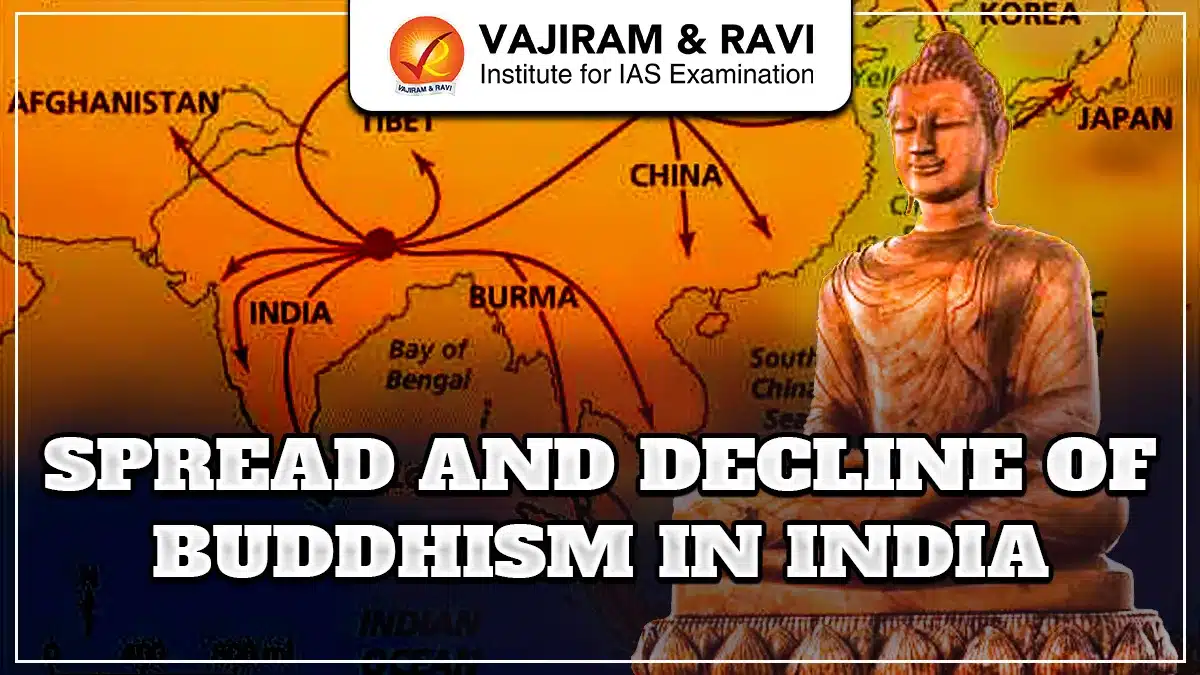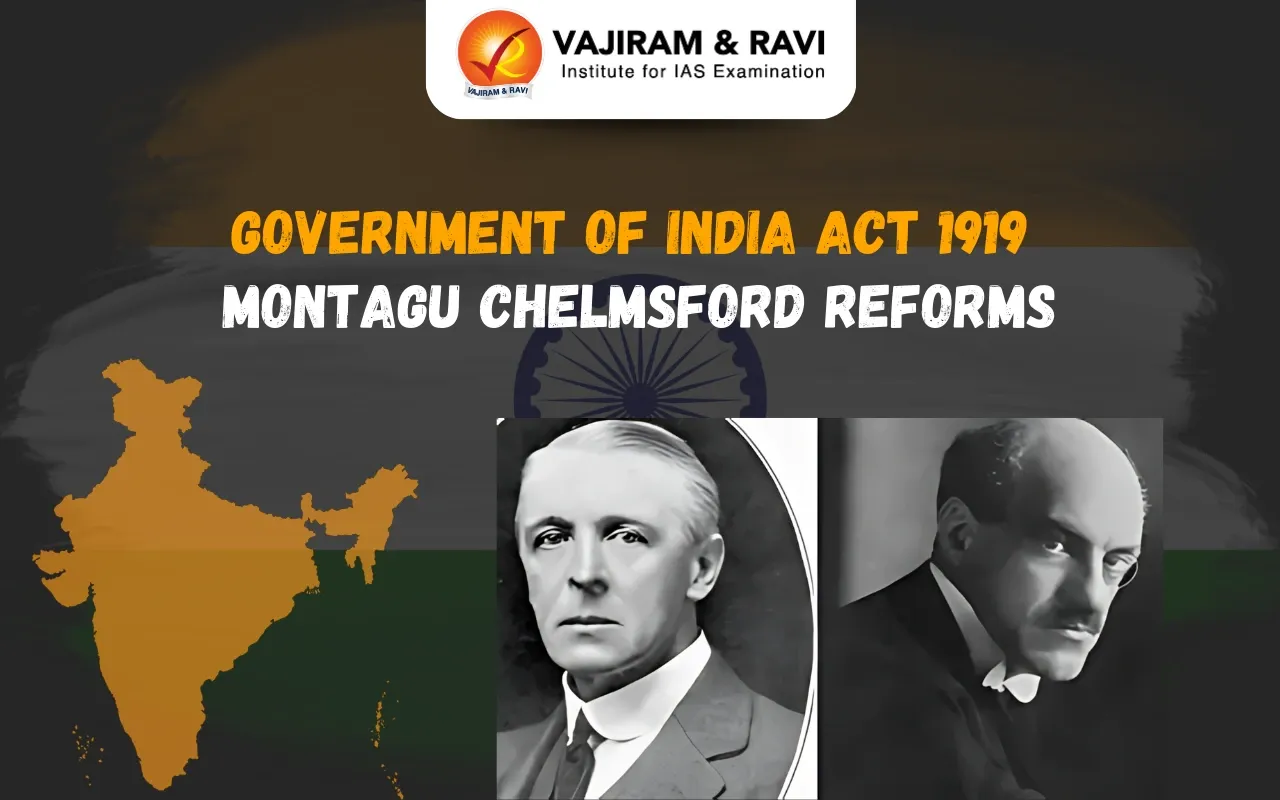Lord Lytton served as the Viceroy of India from 1876 to 1880, a period marked by controversy and criticism. His administration's handling of the Great Famine of 1876–1878 was widely condemned for its inadequate relief efforts. Despite this, Lytton attempted to strengthen the Indian administration and pursued policies aimed at consolidating British control.
Lytton's aggressive foreign policy toward Afghanistan also drew criticism. His assertive stance was seen as a key factor leading to the Second Anglo-Afghan War (1878–1880), further tarnishing his legacy. His tenure is remembered for both his controversial domestic policies, such as the Vernacular Press Act, and his problematic approach to foreign affairs.
Lytton as Viceroy of India
Lord Lytton served as the Viceroy of India from 1876 to 1880. Several changes and initiatives to secure British dominance in India defined Lyttons' interim viceroyalty. It marked the replacement of liberal imperialist policies with reactionary ones as he sent an expensive expedition to Afghanistan, which was financed out of Indian Revenue and also reduced the maximum age from 21 to 19 in 1976 for appearing in the Indian Civil Services Examination.
Lytton Financial Reforms
During his term, Lord Lytton enacted financial reforms to improve tax collection and regulate public spending to streamline British India's administration. However, by prioritising British interests, these changes frequently hurt the Indian economy. The financial burden of the Second Anglo-Afghan War and the lavish expenditures on the Delhi Darbar of 1877 worsened economic challenges.
- Policy of Proud Reserve: To safeguard British interests, Lytton's "Policy of Proud Reserve" emphasised control, especially over Afghanistan, and maintained a remote, authoritative posture, asserting British rule over Indian princely kingdoms.
Lord Lytton Second Anglo Afghan War
Lytton offered Sher Ali, the Amir of Afghanistan, a favourable treaty, but Sher Ali wanted friendly relations with both Russia and British India. When Sher Ali refused a British envoy but accepted the Russian envoy, Lytton was angered and invaded Afghanistan leading to the Second Anglo-Afghan War. The war eventually ended with the Treaty of Gandamak (1879). Under the Treaty of Gandamak, the following demands were agreed:
- The British government would advise Amir’s foreign policy.
- A British resident to be stationed permanently in Kabul.
Lord Lytton Great Famine
The Great Famine of 1876–1878 during Lord Lytton's tenure was exacerbated by severe droughts and his policy of permitting grain exports to Britain. This decision contributed to millions of deaths, widespread economic devastation, and rising discontent, which later became a driving force in India’s struggle for independence.
- Famine Commission: The Famine Commission was set up under Richard Strachey in 1880 to investigate the causes of famine and prevent them in the future. It recommended changes like improving irrigation systems, providing relief works during droughts, and reducing taxes in famine-affected areas.
Lord Lytton Key Legislations
During Lord Lytton’s tenure, significant acts like the Vernacular Press Act, Arms Act, and Royal Titles Act were implemented. These laws were aimed at suppressing dissent, disarming the Indian population, and consolidating British authority in colonial India.
Royal Titles Act, 1876
During Lytton’s tenure, the Royal Titles Act of 1876 was passed. Under this Act, Queen Victoria had proclaimed the titles of “Empress of India” or “Kaiser-i-Hind”. This Act was part of a broader strategy to legitimise and consolidate British rule in India. By elevating the status of the British monarchy in India, Lytton aimed to strengthen British dominance and imperial authority.
Vernacular Press Act, 1878
The infamous Vernacular Press Act of 1878 was enacted during Lytton’s tenure to silence the voices of those who were critical of the government. It aimed to suppress the growing nationalist sentiments by restricting the publication of anti-British articles in vernacular newspapers. This act was heavily criticised and was considered a significant blow to the freedom of expression of Indians.
Arms Act, 1878
The Arms Act of 1878 was another controversial measure taken by Lord Lytton. This Act made it harder for Indians to acquire guns. Indians needed to get permission to own guns, whereas Europeans did not.
- Under the Act, Indians were not allowed to make or sell guns. If an Indian was found with a firearm without a license, they were considered criminal and could be punished.
- Indians believed that the law was unfair as it discriminated between Indians and Europeans.
- The act was also a deliberate attempt to prevent Indians from organising armed resistance against British rule.
Lord Lytton Delhi Durbar of 1877
The 1877 Delhi Durbar was one of Lytton's most magnificent events. Queen Victoria assumed the title of “Empress of India”. Lord Lytton was asked to announce this on her behalf throughout India. For this, a Grand event in Delhi was planned. It was a display of wealth and power, also representing the might of the British Empire. The durbar was criticised for its luxury as it coincided with the Great Famine in southern India. Two important decisions were made at this event:
- The creation of the Privy Council.
- Fixing the number of gun salutes for the Viceroy (31 gun salutes) and other important chiefs.
Last updated on February, 2026
→ UPSC Notification 2026 is now out on the official website at upsconline.nic.in.
→ UPSC IFoS Notification 2026 is now out on the official website at upsconline.nic.in.
→ UPSC Calendar 2026 has been released.
→ Check out the latest UPSC Syllabus 2026 here.
→ Join Vajiram & Ravi’s Interview Guidance Programme for expert help to crack your final UPSC stage.
→ UPSC Mains Result 2025 is now out.
→ UPSC Prelims 2026 will be conducted on 24th May, 2026 & UPSC Mains 2026 will be conducted on 21st August 2026.
→ The UPSC Selection Process is of 3 stages-Prelims, Mains and Interview.
→ Prepare effectively with Vajiram & Ravi’s UPSC Prelims Test Series 2026 featuring full-length mock tests, detailed solutions, and performance analysis.
→ Enroll in Vajiram & Ravi’s UPSC Mains Test Series 2026 for structured answer writing practice, expert evaluation, and exam-oriented feedback.
→ Join Vajiram & Ravi’s Best UPSC Mentorship Program for personalized guidance, strategy planning, and one-to-one support from experienced mentors.
→ UPSC Result 2024 is released with latest UPSC Marksheet 2024. Check Now!
→ UPSC Toppers List 2024 is released now. Shakti Dubey is UPSC AIR 1 2024 Topper.
→ Also check Best UPSC Coaching in India
Lord Lytton FAQs
Q1. Why is Lord Lytton famous?+
Q2. What policy did Lord Lytton introduce?+
Q3. What was the foreign policy of Lord Lytton?+
Q4. Who was the father of the Vernacular Press Act?+
Q5. Who introduced the Arms Act?+
Tags: lord lytton 1876-1880 quest


















